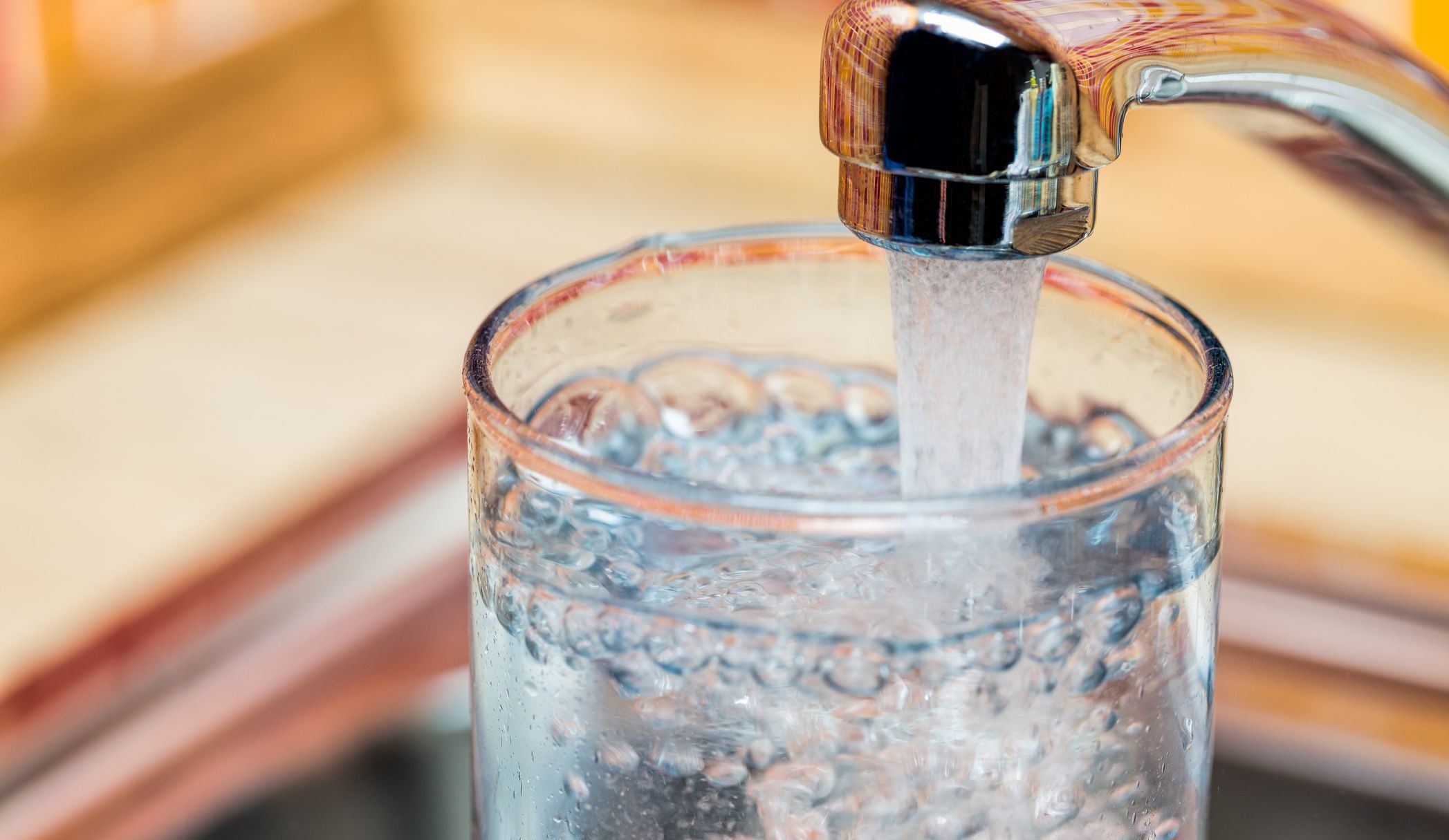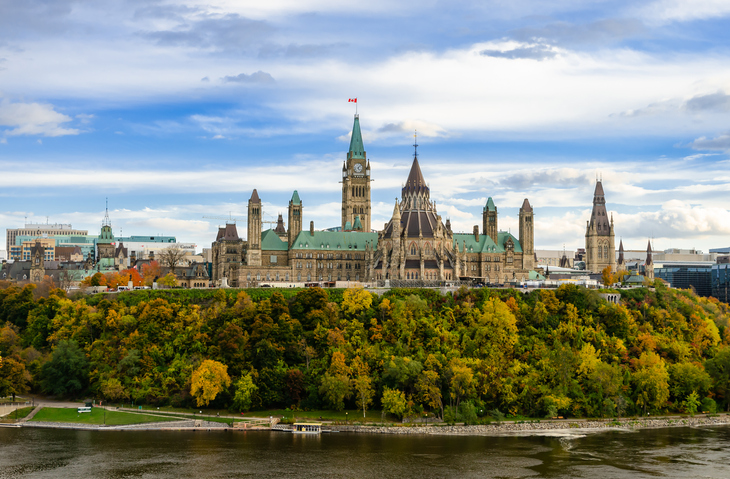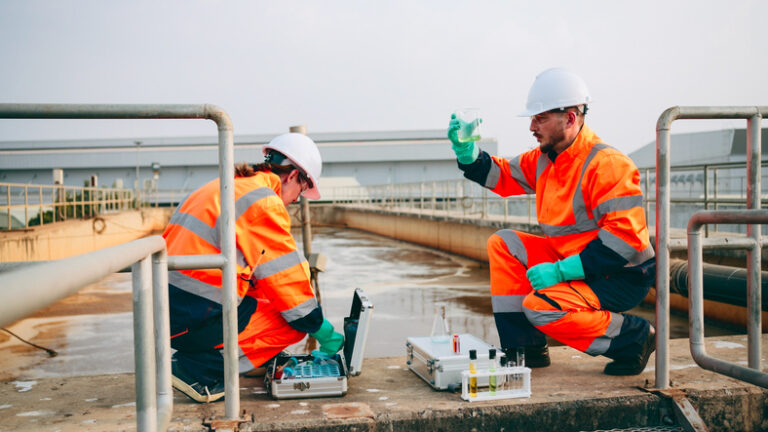Water utilities are continuing to provide safe drinking water to communities across Canada, even as states of emergency are being declared due to the COVID-19 pandemic.
Recognizing the importance of having safe drinking water available to communities, Water Canada invited industry experts from across the country to have their say on how a pandemic affects water service delivery.
This article — which looks the potential impacts of an unplanned service disruption on communities that are dealing with a pandemic — is the third and final part of the series.
Robert Haller (Canadian Water and Wastewater Association): We would hope that any service delivery impact would be short. Water delivery depends on water towers and other reserves to supply a community for a significant period of time. All treatment plants have back-up generators in case of a power loss. Staff are in place to address watermain breaks as always. In an extreme, unforeseen shutdown, emergency arrangements can be made to bring alternate water supplies to a community (bottled water, water trucks).
A greater likelihood is the unplanned loss of wastewater services due to unnecessary clogs. We are experiencing a spike in the volume of non-flushable items entering sewers. The increased use of bathroom wipes, cleaning wipes, and even rubber gloves are finding their way into the wastewater system. This can lead to a shutdown of sewer service and threaten the safety of individual homes.
Michele Grenier (Ontario Water Works Association): Facilities that are critical to the wellbeing of the community (e.g. hospitals, long-term care facilities, etc.) are identified in Drinking Water System Risk assessments. Municipalities will develop plans to maintain water services to these facilities under emergency operating conditions.
If there isn’t a way to restore water services within a particular area, or to a specific facility, municipalities will generally consider other means of providing safe drinking water (such as bulk water deliveries) to ensure that critical services are maintained.
Steve Craik (EPCOR): During a pandemic, an unplanned service interruption can create added challenges for customers during a time when public safety concerns are heightened and increased hygiene protocols are critical.
Ensuring access to potable water is key so providing an alert in advance of disconnecting water for repair will give customers the ability to fill containers with water for hand washing and drinking purposes and also to fill bathtubs for toilet flushing.
The use of water tanks for communities to access during an outage are problematic as they can conflict with social distancing protocols. Services like the delivery of potable water in jugs to customers becomes a priority.









